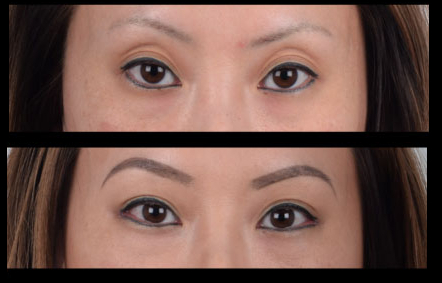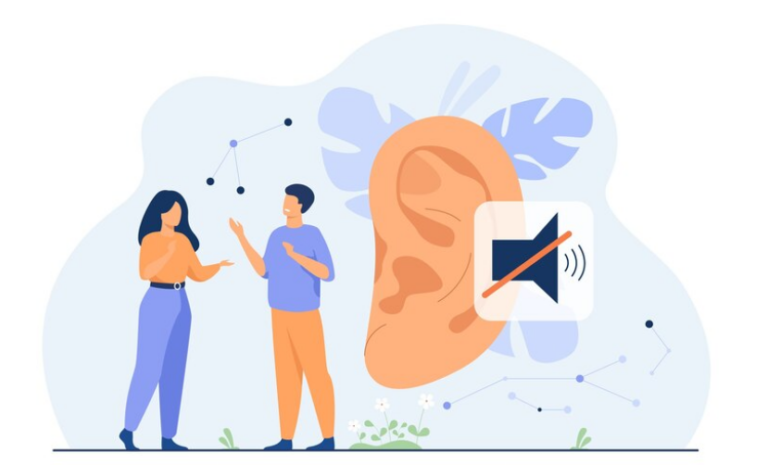Understanding Different Therapy Approaches for Treating Depression

Whether you are struggling with mild depression or more serious symptoms, you can benefit from getting professional help. Talk to a doctor or find a therapist that specializes in treating depression.
Psychotherapy includes different types of talk therapy, like cognitive behavioral Therapy (CBT) and interpersonal Therapy. It can also include alternative therapies like rTMS, which uses magnetic brain stimulation to treat depression. When seeking therapy, it’s important to research, be patient, and trust your intuition in finding a therapist in Los Angeles for you or your child.
Cognitive Behavioral Therapy
Cognitive Behavioral Therapy, or CBT, is a type of talk therapy that can help reduce depression symptoms. This approach focuses on changing thoughts and behaviors rather than addressing past events or personality traits, which can be difficult to change. It’s a goal-oriented therapy and usually lasts between 12-20 sessions. During each session, your therapist will identify specific treatment goals, like feeling less depressed or reducing self-harming behaviors. They’ll then work together to create a plan for achieving those goals.
During CBT, your therapist will teach you various techniques to challenge your negative thoughts and irrational beliefs. They’ll also help you to form healthy thought patterns and reduce your self-sabotaging behaviors. This may include journaling about your day and writing down negative and positive feelings. Your therapist will then analyze your feelings and thoughts to determine their relevance and if they’re impacting your mood.
CBT teaches you to question and challenge your negative core beliefs, such as feeling worthless or believing that the world is against you. Your therapist will also teach you to replace them with new, more realistic, balanced thoughts to improve your mood. This can be challenging and will require effort, but your therapist will support you to make the necessary changes. They’ll encourage you to practice your new skills outside the office and give you “homework” to practice those changes.
Interpersonal Therapy
IPT is based on the premise that people experience depression because of problems in their relationships. It offers a specific focus on interpersonal problems and focuses on four main problem areas of depression:
In the opening sessions (sessions 1-3), the therapist will collect information and help you establish a treatment contract. This will include setting goals for Therapy and identifying the key relationship that contributes to or maintains your depression.
During the middle phase (sessions four through 14), you will concentrate on improving your relationships with your therapist’s support and guidance. This often involves practicing new skills between sessions and learning how these challenges influence your mood.
At the end of Therapy, the therapist will review your progress. They will also provide you with information about how to get additional help if needed. Typically, you will continue to meet with your therapist regularly for ongoing maintenance and problem-solving.
Interpersonal Therapy is sometimes offered in group settings and is as effective as antidepressant medication. It is usually shorter-term than other psychotherapies and lasts 12 to 20 weeks. It can be used alone or in combination with other treatments.
Solution-Focused Therapy
In contrast to focusing on clients’ problems, Solution-focused Therapy (SFBT) helps them shift their attention toward their strengths and future possibilities. In SFBT sessions, clients discuss what they hope to achieve and use their existing resources to move towards these goals. The approach is brief, with most clients receiving only five sessions of SFBT.
Practitioners using this approach use various communication techniques to promote collaboration and orient toward solutions. Among these are active listening and carefully selecting and tailoring language to convey empathic understanding and a belief in the client’s abilities. Practitioners also help clients identify the best ways to solve their problem/s.
Another common practice involves acknowledging positive aspects of the client, such as the success they have had and the skills and strengths they possess. Additionally, practitioners validate their clients’ experiences, indicating they have heard them, understand their concerns, and are not judging them.
Finally, therapists who use this approach believe that change is continuous and inevitable within the therapeutic process and everyday life. This enables them to support the client in becoming their internal compass as they learn to recognize patterns of behavior and thinking that limit them. As a result, this approach emphasizes responsibility as a key factor in the client’s ability to move forward.
Acceptance and Commitment Therapy
ACT is part of what psychologists call the “third wave” of behavioral Therapy. This movement in psychotherapy emphasizes the role of mindfulness and acceptance strategies in change-oriented treatment. ACT is particularly effective for depression because it encourages you to accept your painful emotions and thoughts and move toward your values and goals.
Unlike CBT, where therapists encourage clients to challenge negative or irrational thoughts, ACT asks patients to embrace their psychological experiences and learn to be fully present with them. This process is known as psychological flexibility, and it’s been shown to be beneficial for many disorders, including depression, anxiety, chronic pain, PTSD, and addictions.
ACT uses exercises, metaphors, stories, and experiential learning to demonstrate the uncontrollability of much of our psychological experience. It teaches people how to use the skills they’ve learned through ACT to overcome avoidance behaviors and engage in actions that align with their values despite the discomfort or unpleasantness that may be involved. This approach has been shown to be helpful for people with conditions such as PTSD, chronic pain, anorexia, and bulimia and may be especially useful for Veterans with depression. Research suggests it can be used with other treatments, such as CBT or IPT.




